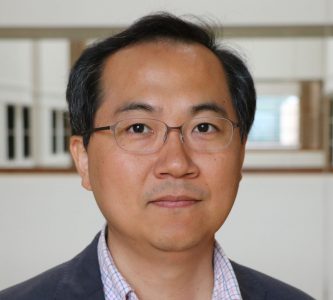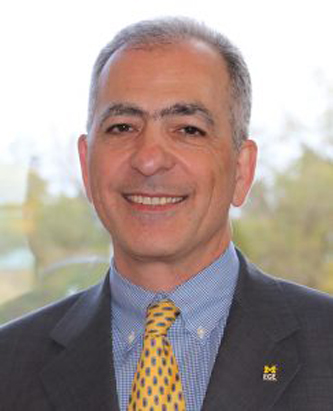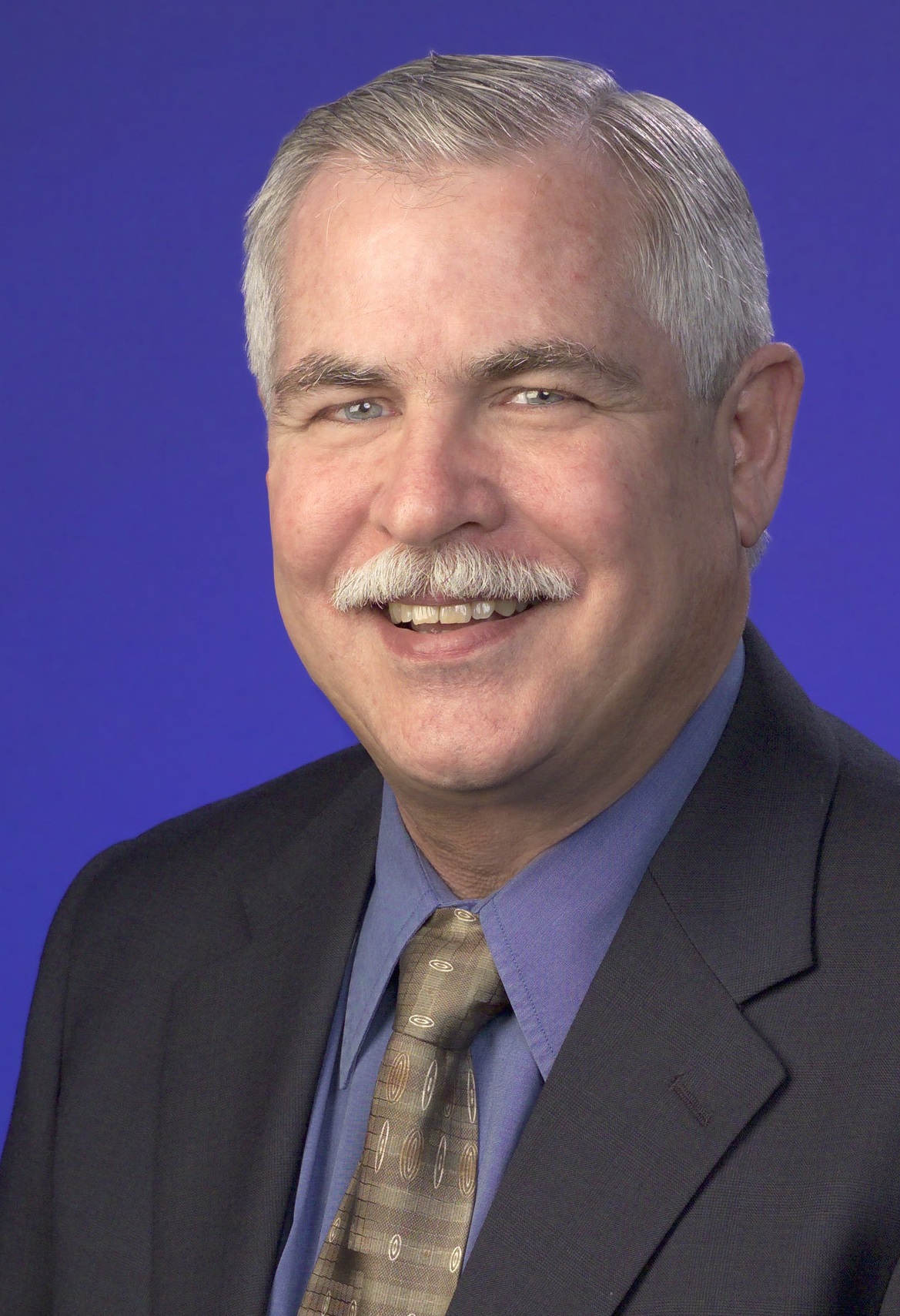Our Mission
Make high-performance micro sensors that can bring happiness to people.
Our Vision
Our vision is to make de-facto standard precision micro inertial sensors for future mobility applications.


Jae Yoong Cho, Ph.D.
Co-Founder and Chief Executive Officer
Dr. Cho is the co-inventor of the birdbath resonator gyroscope. Dr. Cho received a B.S.E. degree in Electrical Engineering and Material Science in Engineering in 2004, an M.S. degree in Electrical Engineering in 2007, and a Ph.D. degree in Electrical Engineering from University of Michigan in 2012. He was an assistant research scientist at the University of Michigan. He is an expert of high-precision MEMS inertial sensor design, fabrication, and control.

Jong Kwan Woo, Ph.D.
Vice President of Engineering
Dr. Woo received the B.S. degree from Seoul National University, Seoul, Korea in 2000 and the MS/Ph.D. degrees from same university in 2011, respectively, all in Electrical Engineering and Computer Science. His expertise includes low-noise RF mixed signal IC, low-noise analog IC for high-precision MEMS sensors, MEMS and IC co-design. He is an assistant research scientist at the Department of Electrical Engineering and Computer Science at the University of Michigan.

Khalil Najafi, Ph.D.
Co-Founder and Chief Scientific Advisor
Dr. Najafi is the world’s expert of MEMS and micro systems and the co-inventor of the BRG technology. He is a Schlumberger Professor of engineering and a Professor of Electrical Engineering and Computer Science at the University of Michigan. He was formerly Evelyn Fuss Chair of electrical and computer engineering at the University of Michigan from 2008 to 2018, as the Director of the Solid-State Electronics Laboratory from 1998 to 2005, the Deputy Director of the NSF ERC on Wireless Integrated Microsystems from 2000 to 2009, and the Director of NSF’s National Nanotechnology Infrastructure Network from 2004 to 2015. Dr. Najafi has been active in the field of solid-state sensors and actuators for 35 years. He is a fellow of AIBME and IEEE.

Kurt Petersen, Ph.D.
Chair of Advisory Board
Dr. Kurt Petersen received his BS degree cum laude in EE from UC Berkeley in 1970. In 1975, he received a Ph.D. in EE from the Massachusetts Institute of Technology. Dr. Petersen established a micromachining research group at IBM from 1975 to 1982, during which he wrote the review paper “Silicon as a Mechanical Material,” published in the IEEE Proceedings (May 1982). This paper is still the most frequently referenced work in the field of micromachining and micro-electro-mechanical systems (MEMS).
Since 1982, Dr. Petersen has co-founded six successful companies in MEMS technology, Transensory Devices Inc. in 1982, NovaSensor in 1985 (acquired by GE. Now owned by Amphenol), Cepheid in 1996 (now a public company on NASDAQ: CPHD. Acquired by Danaher for $4B in 2016), SiTime in 2004 (acquired by MegaChips in 2014. Now NASDAQ: SITM), Profusa in 2008 (private), and Verreon in 2008 (acquired by Qualcomm in 2010). Cepheid has an annual revenue of $1B. Cepheid sells products to the USPS for anthrax detection in the mail but their biggest seller is now COVID tests. Cepheid has over 20 FDA approved tests. SiTime has shipped over 2B resonators and has a market cap of over $5B. Profusa has raised over $22M from DARPA and NIH.
In 2011, Dr. Petersen joined the Silicon Valley Band of Angels. The Band is an angel investment group which mentors and invests in early stage, high-tech, start-up companies. Today, Dr. Petersen spends most of his time helping and mentoring such companies. Dr. Petersen has published over 100 papers and has been granted over 35 patents in the field of MEMS.
In 2001 Dr. Petersen was awarded the prestigious IEEE Simon Ramo Medal for his contributions to MEMS. Dr. Petersen is a member of the National Academy of Engineering and is a Life Fellow of the IEEE in recognition of his contributions to “the commercialization of MEMS technology”. In 2019, Dr. Petersen was awarded IEEE’s highest award, the IEEE Medal of Honor.